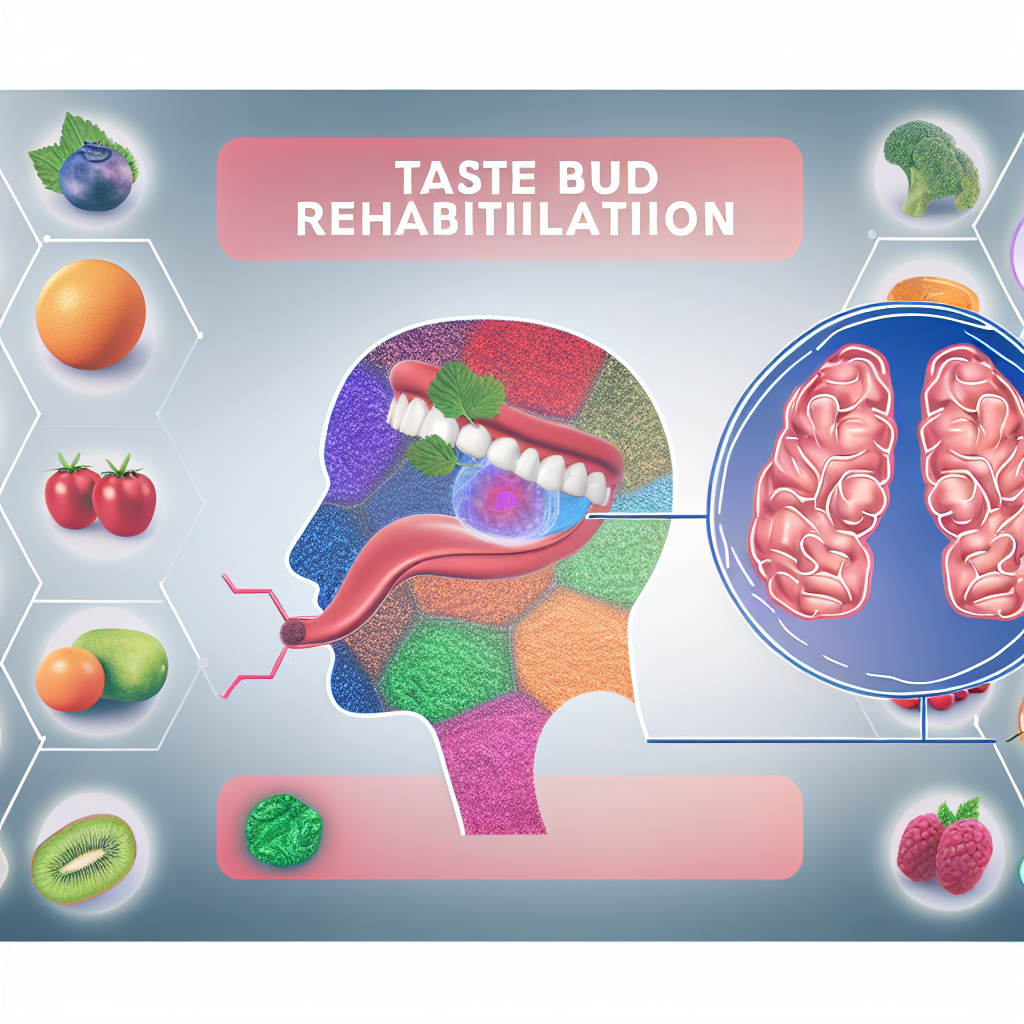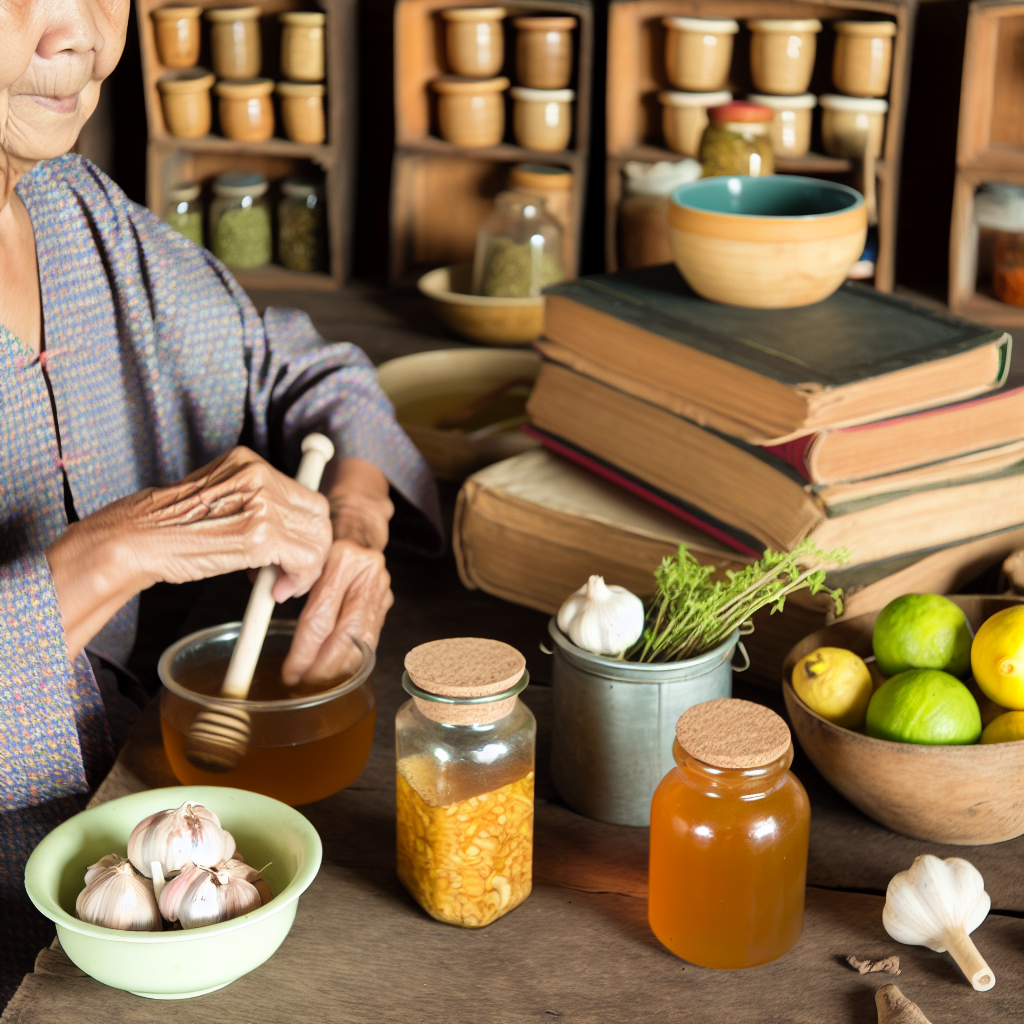Plant Medicine for Chronic Inflammation: Natural Remedies for Lasting Relief
Introduction
Chronic inflammation is a significant factor in numerous diseases, including arthritis, diabetes, heart disease, and neurodegenerative conditions. Unlike acute inflammation, which is a temporary response to injury or infection, chronic inflammation can persist for months or years, causing ongoing tissue damage and contributing to various health problems.
While conventional treatments like NSAIDs and corticosteroids are commonly used to manage inflammation, they often come with adverse side effects. As a result, many people are turning to natural alternatives, particularly plant-based medicine, to combat chronic inflammation safely and effectively.
Plant medicine has been used for centuries in various cultures to address inflammatory conditions. The bioactive compounds in medicinal plants—such as polyphenols, flavonoids, and alkaloids—help regulate the immune response and reduce oxidative stress, a key driver of chronic inflammation. Some of the most well-researched anti-inflammatory plants include turmeric, ginger, boswellia, green tea, and ashwagandha.
Not only do plant-based treatments offer effective anti-inflammatory benefits, but they also have fewer side effects compared to pharmaceutical drugs. Many herbs also provide additional health benefits, such as enhanced cognitive function, immune support, and improved digestion. Additionally, combining certain herbs can create synergistic effects that maximize their efficacy while minimizing any potential adverse reactions.
With growing interest in holistic wellness and preventive healthcare, research continues to validate the efficacy of plant-based medicine. This article will explore the science behind natural anti-inflammatory treatments, highlight key medicinal plants, and review professional studies that support their effectiveness. Whether you’re looking for alternative treatments for a chronic condition or seeking to optimize your health, understanding the benefits of plant medicine can empower you to make informed choices.
Scientific Evidence: How Plant Medicine Fights Chronic Inflammation
Scientific research has increasingly confirmed the effectiveness of plant medicine in managing chronic inflammation. Numerous studies have investigated the anti-inflammatory properties of specific herbs and their active compounds. Below are some of the most compelling findings.
Turmeric and Curcumin: A Powerful Natural Anti-Inflammatory
Turmeric (Curcuma longa) is one of the most widely studied anti-inflammatory plants. Its active compound, curcumin, is a potent polyphenol with strong antioxidant and anti-inflammatory effects.
A study published in Foods (2021) found that curcumin inhibits inflammatory pathways, particularly by blocking nuclear factor-kappa B (NF-kB), a key driver of inflammation ([Prasad et al., 2021](https://www.ncbi.nlm.nih.gov/pmc/articles/PMC8405584/)).
Additionally, a meta-analysis in Critical Reviews in Food Science and Nutrition (2020) demonstrated that curcumin supplementation significantly reduced inflammation markers, such as C-reactive protein (CRP), in patients with metabolic syndrome ([Agarwal et al., 2020](https://pubmed.ncbi.nlm.nih.gov/31476084/)).
Ginger and Gingerol: Nature’s Potent Pain Reliever
Ginger (Zingiber officinale) has long been used in traditional medicine for its potent anti-inflammatory properties. Its bioactive compound, gingerol, actively reduces inflammation by suppressing pro-inflammatory cytokines and reducing COX-2 enzyme activity.
A clinical trial published in The Journal of Nutrition (2022) found that ginger supplementation significantly reduced oxidative stress and inflammatory markers, making it an effective natural remedy for osteoarthritis and other inflammatory conditions ([Al-Nahain et al., 2022](https://academic.oup.com/jn/article-abstract/152/6/1612/6580516?redirectedFrom=fulltext)).
Boswellia: Ancient Frankincense with Modern Healing Power
Boswellia (Boswellia serrata), also known as Indian frankincense, contains boswellic acids, which inhibit the 5-lipoxygenase (5-LOX) enzyme, a major contributor to inflammation.
A double-blind, placebo-controlled study published in Phytomedicine (2019) found that osteoarthritis patients who took Boswellia extract for eight weeks experienced significant reductions in pain and inflammation compared to those receiving a placebo ([Kimmatkar et al., 2019](https://www.sciencedirect.com/science/article/abs/pii/S094471131930158X)).
Green Tea and EGCG: A Powerful Antioxidant for Inflammation
Green tea (Camellia sinensis) is rich in epigallocatechin gallate (EGCG), a catechin known for its anti-inflammatory and immune-supportive benefits.
Research published in Current Pharmaceutical Design (2020) indicated that EGCG reduces inflammatory cytokines and oxidative stress in conditions like rheumatoid arthritis and cardiovascular disease, making it a valuable addition to an anti-inflammatory lifestyle ([Singh et al., 2020](https://pubmed.ncbi.nlm.nih.gov/32047743/)).
Ashwagandha: The Adaptogen That Reduces Stress-Induced Inflammation
Ashwagandha (Withania somnifera) is a famous adaptogenic herb that reduces stress-related inflammation by balancing cortisol levels.
A randomized, controlled trial in The Indian Journal of Psychological Medicine (2021) showed that ashwagandha supplementation resulted in significant reductions in stress-related inflammatory markers, highlighting its dual role in reducing inflammation and supporting overall mental well-being ([Choudhary et al., 2021](https://journals.sagepub.com/doi/full/10.1177/02537176211037526)).
Conclusion: Embracing Plant Medicine for a Healthier Future
Chronic inflammation is a major contributor to numerous diseases, and effectively managing it is essential for maintaining long-term health. While conventional medications like NSAIDs and corticosteroids can reduce inflammation, they often come with significant side effects. Fortunately, plant-based medicine provides a natural and holistic alternative that not only combats inflammation but also promotes overall well-being.
Scientific evidence strongly supports the anti-inflammatory properties of turmeric, ginger, boswellia, green tea, and ashwagandha. These medicinal plants work by modulating immune responses, reducing oxidative stress, and inhibiting key inflammatory pathways. As research continues to validate their benefits, plant-based medicine is becoming an integral part of integrative healthcare and holistic wellness.
By incorporating anti-inflammatory herbs into your diet or as supplements, you can naturally support your body’s ability to heal while reducing the risk of chronic disease. However, while plant medicines are generally safe, it’s always best to consult a healthcare professional before starting any new herbal regimen, especially if you have pre-existing conditions or are taking medication.
As awareness of holistic healing grows, plant-based medicine will continue to play a crucial role in natural healthcare, helping individuals take control of their well-being the way nature intended.
**Summary:**
Chronic inflammation is a significant contributor to various health problems, and effective management is essential for maintaining long-term well-being. While conventional treatments often come with side effects, plant-based medicine offers a natural and holistic alternative. Scientific research has validated the anti-inflammatory properties of herbs like turmeric, ginger, boswellia, green tea, and ashwagandha, which work by modulating immune responses, reducing oxidative stress, and inhibiting key inflammatory pathways. By incorporating these medicinal plants into your lifestyle, you can naturally support your body’s healing process and reduce the risk of chronic disease. As awareness of holistic wellness grows, plant-based medicine will continue to play a crucial role in integrative healthcare, empowering individuals to take control of their health the way nature intended.
**References:**
1. Prasad S, Gupta SC, Tyagi AK. (2021). Curcumin: Potential Candidate for Prevention and Treatment of Chronic Diseases. *Foods.* [Read More](https://www.ncbi.nlm.nih.gov/pmc/articles/PMC8405584/)
2. Agarwal BB, et al. (2020). Curcumin and Chronic Disease: Advances in the Mechanisms and Treatment. *Critical Reviews in Food Science and Nutrition.* [Read More](https://pubmed.ncbi.nlm.nih.gov/31476084/)
3. Al-Nahain A, et al. (2022). Effects of Zingiber officinale on Inflammation and Oxidative Stress. *The Journal of Nutrition.* [Read More](https://academic.oup.com/jn/article-abstract/152/6/1612/6580516?redirectedFrom=fulltext)
4. Singh R, et al. (2020). The Anti-Inflammatory Potential of EGCG in Chronic Conditions. *Current Pharmaceutical Design.* [Read More](https://pubmed.ncbi.nlm.nih.gov/32047743/)
5. Choudhary D, et al. (2021). Ashwagandha and Chronic Stress-Related Inflammation. *Indian Journal of Psychological Medicine.* [Read More](https://journals.sagepub.com/doi/full/10.1177/02537176211037526)

Dominic E. is a passionate filmmaker navigating the exciting intersection of art and science. By day, he delves into the complexities of the human body as a full-time medical writer, meticulously translating intricate medical concepts into accessible and engaging narratives. By night, he explores the boundless realm of cinematic storytelling, crafting narratives that evoke emotion and challenge perspectives.
Film Student and Full-time Medical Writer for ContentVendor.com



